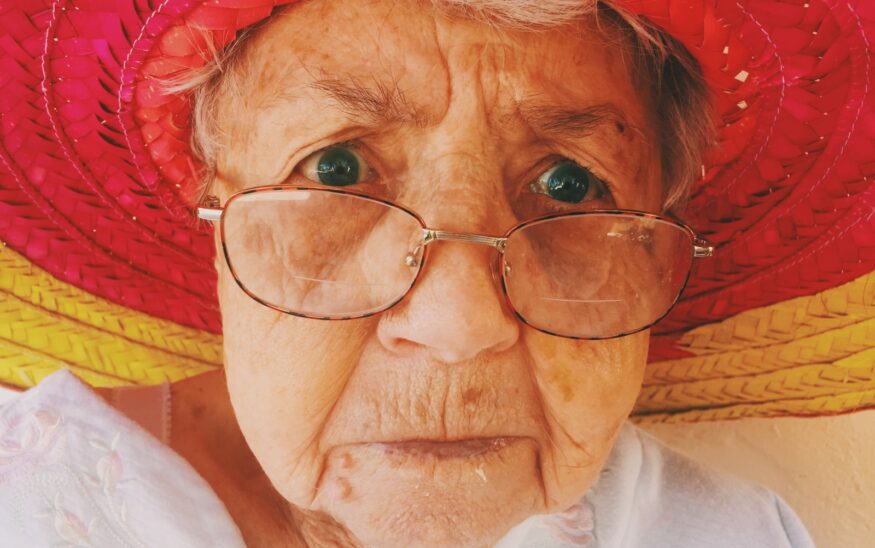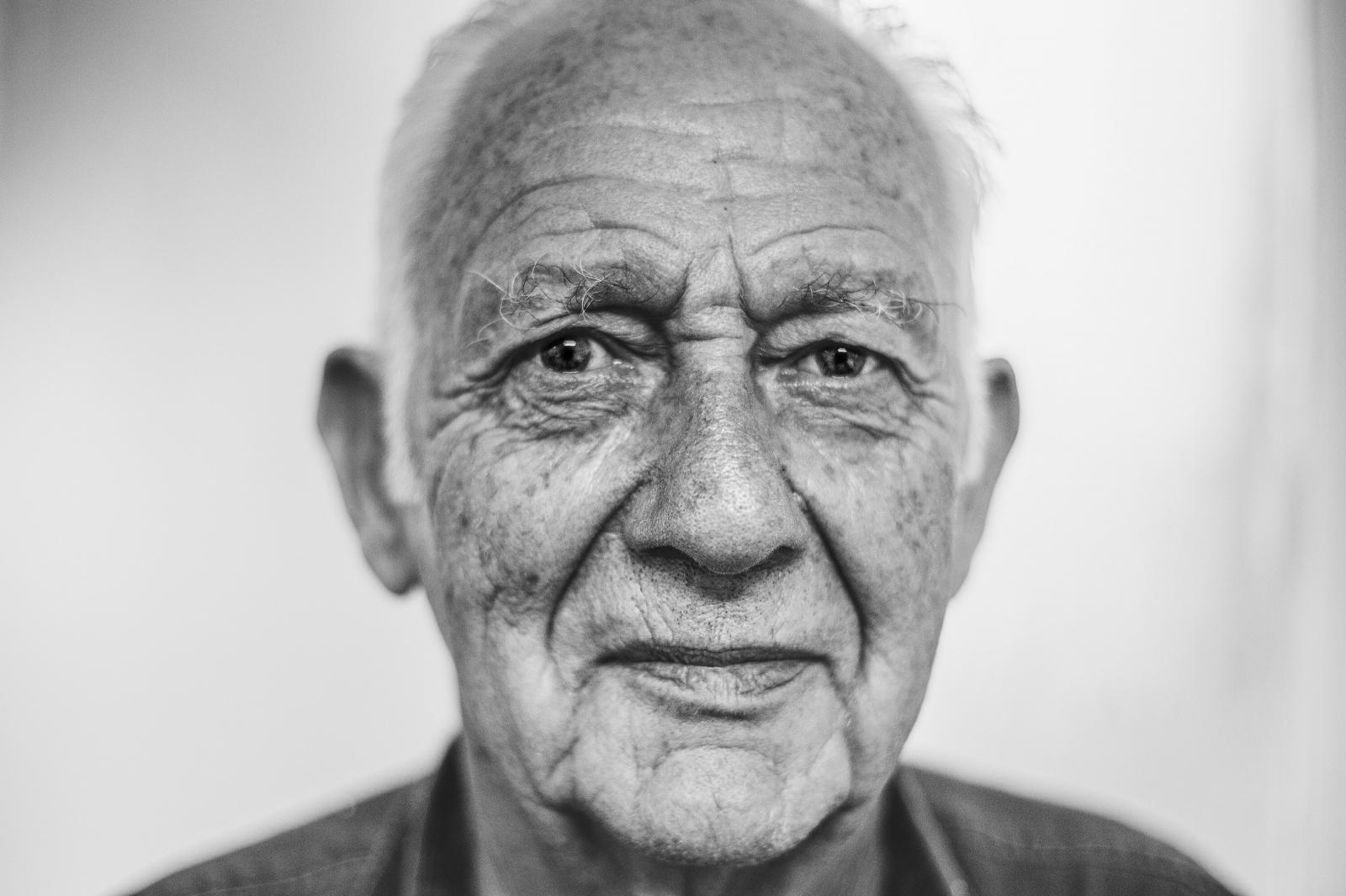When is old actually old? The mystique of age
Aging is par for the course, but it can negatively impact your confidence and performance in work, life and play.
Beryl Reker //March 17, 2017//


When is old actually old? The mystique of age
Aging is par for the course, but it can negatively impact your confidence and performance in work, life and play.
Beryl Reker //March 17, 2017//

The other day, I listened as a new patient – roughly my age – said, “I’m too old to worry about how I look.”
I was shocked to hear a peer say she considered herself to be a lost cause when it came to her appearance and that she had already resigned herself to projecting a specific, antiquated image – complexion, deep frown lines – that could clearly be improved, and quite simply, I might add.
The conversation made me think about illusions, misconceptions and personal perceptions we all carry about aging.
Bear in mind that this new patient took time to seek me out and ask for my expertise. I didn’t call her. She found me – just as another patient, a 34-year-old who comes in regularly for what we call his “Brotox” regimen of anti-aging treatments and products, had. He recently said that he was “worried about these lines I’m starting to see on my face,” and I had to pull out my +3.00 prescription reading glasses to see what in the heck he was talking about.
So you see, the interpretation of aging – and of when, exactly, we start to look and feel old – is completely relative, regardless of gender or age. Many of us – male, female, in our 20s, 60s or 80s – are far too hard on ourselves.
The dictionary tells us old is having lived for a relatively long time. To me the key word is “relatively” again, because it is all relative to an individual’s perception of time and him- or herself.
In other words:
You’re really just as old as you feel.
So ask yourself this: Is the perception of your age based on what you see in the mirror, what you have achieved personally, professionally, passionately, or are you just comparing yourself to?
These are all questions you have to ask yourself when making a sel- evaluation. Whatever your reasons for feeling timeworn, don’t cop out to a number.
In 1993, Betty Friedan wrote in The Fountain of Age:
“The myth is that aging is acceptable only if it passes for youth.”
To this day, many of us still find ourselves buying into this fairytale. The challenge is you can work out all you want, eat the healthiest foods on the menu, drink green juice every morning, serve on boards, make it the C-suite, have a family and a house and cut out all the bad stuff – but we all encounter stress, and this alone causes aging. Ordinary, run-of-the-mill stress presents itself on the face in the form of lines, wrinkles, pallor, flushing – and on an emotional level.
And try as you might, there is no avoiding this particular culprit or the biggest one of all:

Something else that can really affect our perception of aging is gender. A 2013 study published in the journal Biology Letters found that the face can signal different things in (and to) men and women when it comes to attractiveness.
Men surveyed found women with high levels of stress, as indicated by the visible signs, as less attractive. I have even seen examples of this phenomenon in my own work. It is not uncommon for a woman to come into the clinic and say, “Botox made my relationship with my husband/students/employees/co-workers so much better.”
The takeaway here is: Aging is completely relative and affected by many factors, but if you find it creeping into your consciousness, take action. Form a plan. Re-evaluate where you are in your life and how you feel about the choices you’ve made. At what are you are willing to stall the inevitable. If you’re not sure what your options are, talk to a professional.
Let us take a look, help you reign in your fears, and focus on a strategy to lessen your stress. Together, we can take the mystique out of aging and check one more thing off that lengthy to-do list.



























